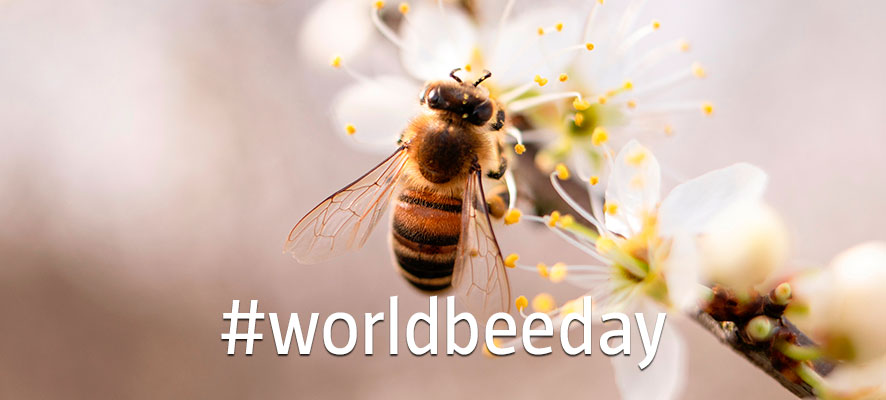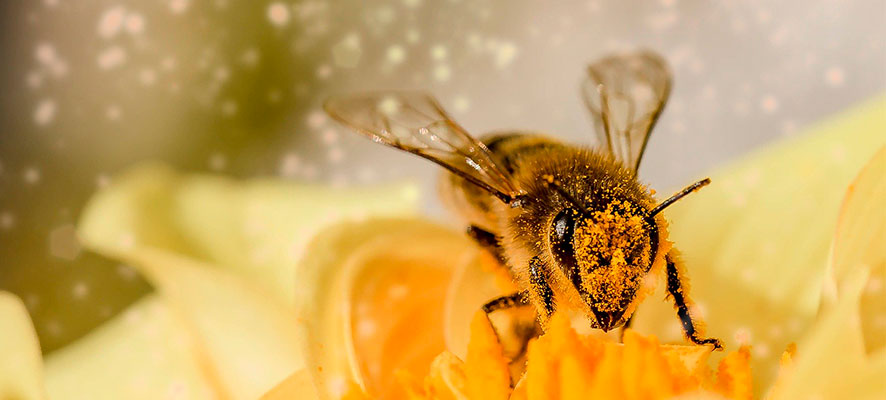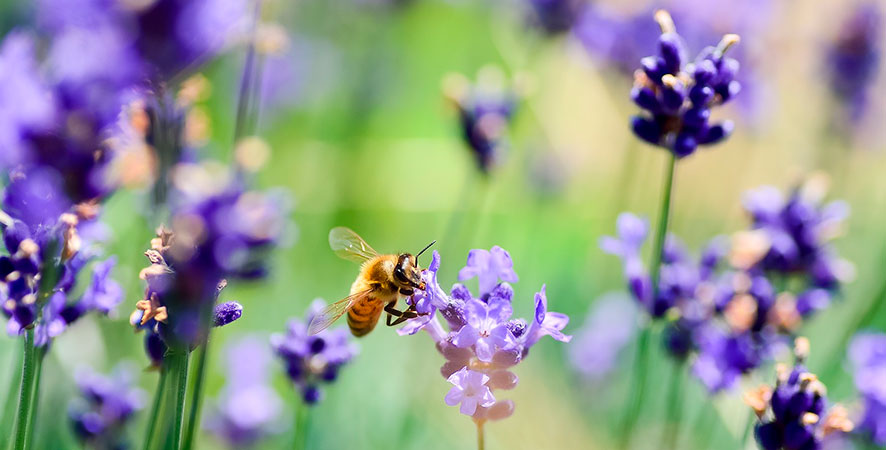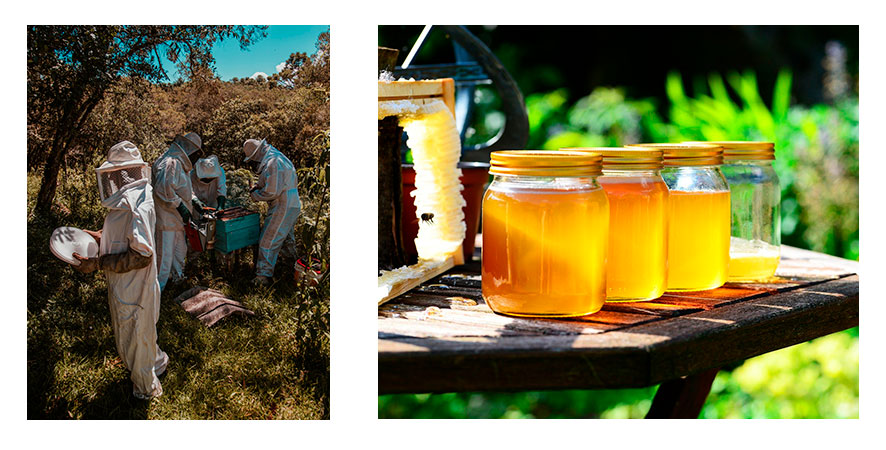
Did you know that about 75% of the plant species we consume need to be pollinated?
Pollination is vital for life on our planet, ensuring food security and biodiversity for plants and humans. With no doubt, the bee is the most important pollinator and it can visit between 50-1000 flowers in a single trip, which takes between 30 minutes and four hours.
Bees pollinate approximately 80% of our flowering crops.
Why are bees so important?
Bees are not only important to commercial farmers. They are also essential for home gardening and necessary for the production of wildlife food.
These creatures help in the production of alfalfa, a food used for animal feed in the beef and dairy industries.
And did you know that bee venom has medicinal properties? Its venom has been used to treat arthritis, multiple sclerosis, fibromyalgia, cancer, epilepsy, depression, and many more diseases.

In short, bees are a MUST in our lives. However, alarmingly, in several regions, pollination services are showing downward trends.
Whats happening with the bees?
It is well known that bees are beginning to disappear, there are many factors such as global warming, excessive use of pesticides, the arrival of the Asian wasp that feeds on them etc.
Today in Matabi in honor of "International Bee Day" we want to give you some tips to help these beautiful creatures.
Guide to save the bees
Through small changes in your veggie garden, terrace or balcony, you can help safe this animal species.
Plant a bee garden
One of the biggest threats to bees is the lack of a safe habitat where they can build homes and find a variety of nutritious food sources. By planting a bee garden, you can create a habitat with plants rich in pollen and nectar: mallow flowers, petunias, poppies, calendula or herbs such as mint, lavender, rosemary, basil or thyme among others.
You don't need a lot of space to grow this type of plants suitable for bees: you can put some planters on your terrace or even grow in the pots that you have on your balcony.

Stop using chemicals
Synthetic pesticides, fertilizers, herbicides, and neonicotinoids are harmful to bees and wreak havoc on their sensitive systems. Avoid treating your garden and green spaces with these types of products and instead, use organic and natural formulations and treatments like the ones we have already mentioned in previous blog posts.
Plant trees in your garden for bees
Did you know that bees get most of their nectar from trees? When a tree blooms, it provides thousands of flowers to feed on. Trees are not only a great source of food for bees, but also an essential habitat. Tree leaves and resin provide material for the bees' nest, while natural wood cavities make excellent shelters.
So now you know, if you haven't already, plant a tree!

Support local beekeepers
Local beekeepers work hard to nurture their bees. The easiest way to show your appreciation is to buy locally made beeswax and honey products. Many beekeepers use products from their hives to make soaps, lotions, and even candles.
Plus, local honey isn't just delicious, it's made from local flora and can help with seasonal allergies! and BeeMasterlv
---
Info via - BeeMasterlv and The Bee Conservancy
Did you enjoy reading the article? Has it clarified any doubts for you? Give us your opinion and help us spread it on your social networks. We also invite you to follow us on Instagram.